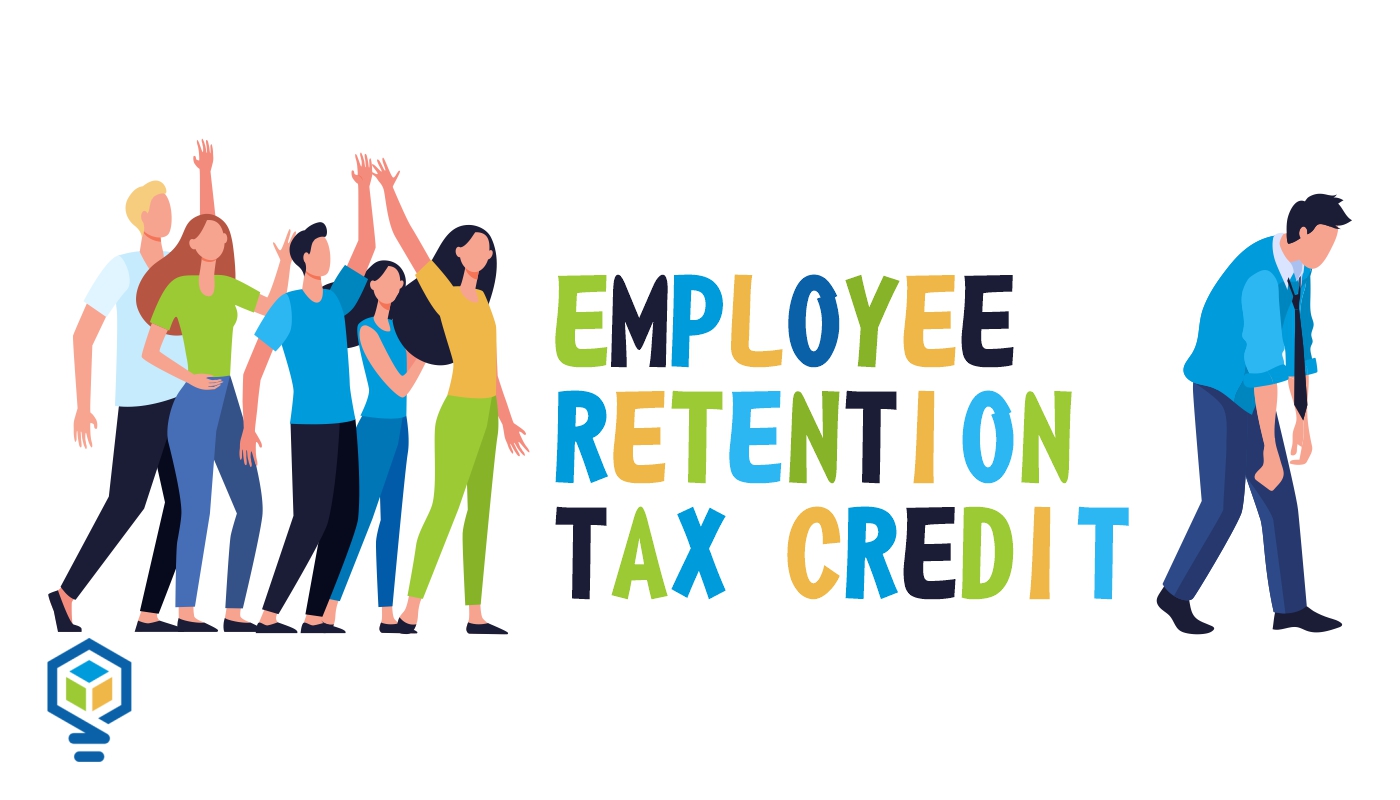How Are You Determining Reasonable Compensation – Legal Fact or Convenient Fiction?
Accountants are facts and figures folk. Accountants rely on data and analysis, not myths and tales.
Well, not always. In 2020, we asked 4,671 tax advisors whether the IRS recognized rules of thumb such as a 50/50 split between distributions and reasonable compensation. Thirty-three percent said yes.
The IRS “rule of thumb” is a myth. But it’s a fact that we found 1,555 professional accountants who relied on this myth.
It’s not that they didn’t have the facts. All of those surveyed had just attended a continuing education class on reasonable compensation that walked them through, step by step, recent court cases, the IRS’s definition, rules, guidelines, and criteria for determining reasonable compensation. Nowhere in the class were they taught that the IRS accepts “rule of thumb” or “safe harbor” calculations based on percentage of distributions, sales, or revenue.
So, what gives? Why do so many accountants believe these rules of thumb are actually “rules”? And more importantly, does the IRS follow the same?
Read More












